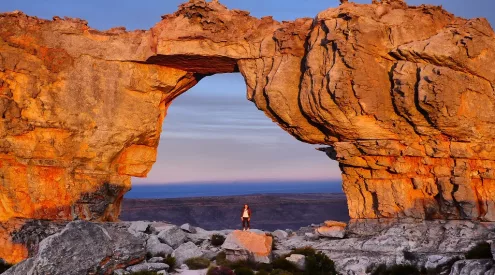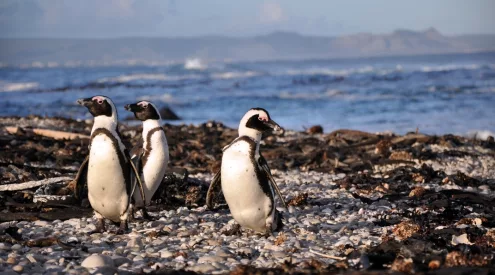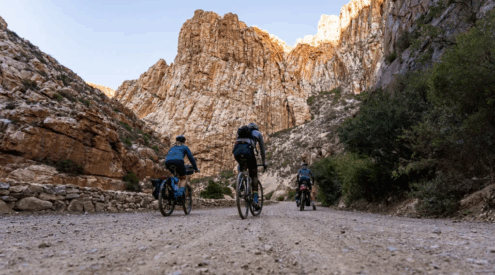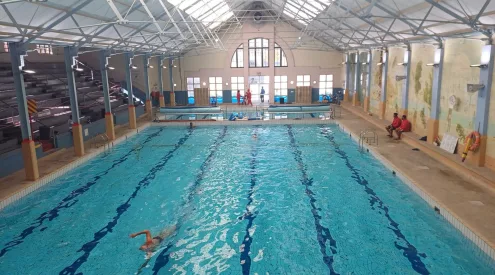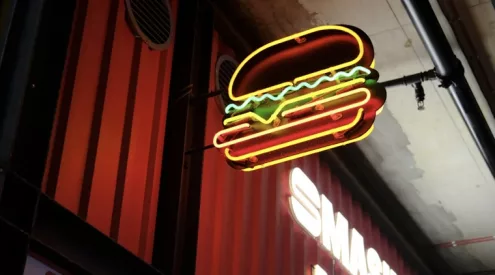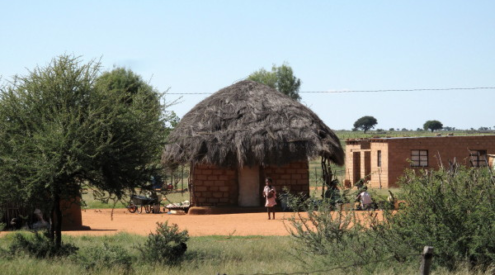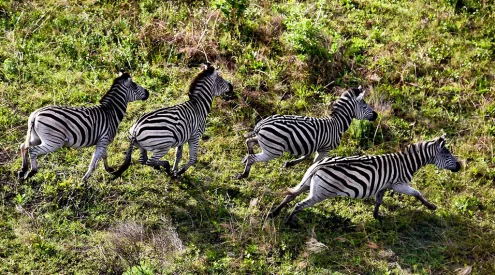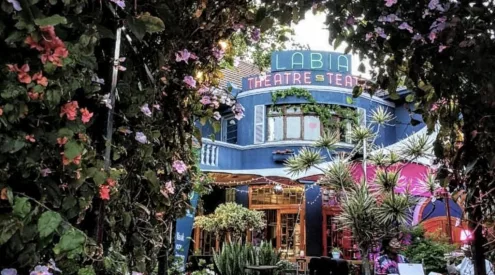National Marine Week, celebrated during the second week of October, aims to highlight the important role that the world’s oceans play in sustaining human life.
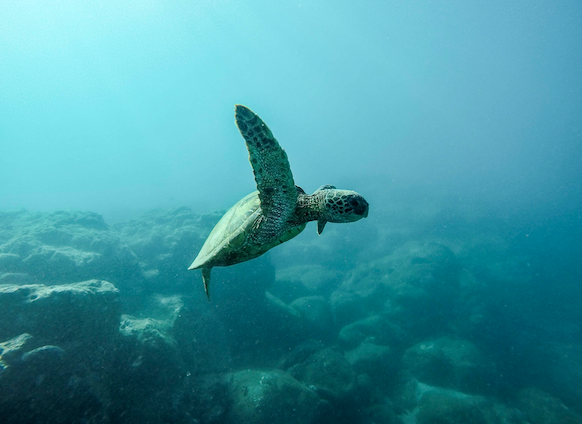
Highlighting the plight of issues that threaten our costal systems, National Marine Week also sheds light on the solutions to certain problems.
The week also encourages sustainable use of marine resources. It explores the conservation methods that can be implemented in everyday life to preserve the oceans.
According to Plastic Oceans, every year a whopping 300 million tons of plastic are produced, 50% of which is single-use plastic. Our oceans are plagued with plastics and micro-plastics that harm and kill marine life, who mistake the debris as food.
From reducing, to reusing, to recycling, there are many ways to change how you rely on plastic.
Many organisations are taking to social media to raise awareness on plight of our oceans,
#NationalMarineWeek is celebrated annually during the 2nd week of October. Its purpose is to create awareness on the marine and coastal environment & the promotion of sustainable use & conservation of these resources, for the benefit of all both present and future generations. pic.twitter.com/9fDDMQlz63
— SANParks Addo (@SANParksAENP) October 7, 2019
Today we visited grade 5 learners at Sunridge Primary school in Garden Route for the start of #NationalMarineWeek. In partnership with @2OceansAquarium we’re able to bring a piece of the ocean into the classroom where learners get to see & touch some species of marine life. pic.twitter.com/pb1eE6KLhx
— WCGov Enviro Affairs (@WCGovEADP) October 7, 2019
Day 2 of #NationalMarineWeek and we’re at Concordia Primary. The presentation being given is in line with the learners CAPS curriculum and helps to promote conservation of the coastal environment. 🐙🐠🌊 pic.twitter.com/9Ce9xmepnw
— WCGov Enviro Affairs (@WCGovEADP) October 8, 2019
South Africa is celebrating #MarineMonth. Opened on 5 Oct, a Marine Litter exhibit at @uShakaMarine, designed by the @saambr team & funded by @CefasGovUK through CLiP. #commonwealthlitterprog
The exhibit show impact of marine litter & gives ideas of how to help. pic.twitter.com/vvZZ2iKxcy— IZEducators (@EducatorsIz) October 8, 2019
#SharkandRaySymposium. A startling picture of the global trend in the world fish stocks in a 30 year period. #NationalMarineWeek #MarineConservation@OceaniMPActSA @WILDOCEANSSA @BlueActionFund @oceanunite @OurOcean pic.twitter.com/JssBIJPc5z
— loveAfrica Marketing (@loveAfrica_) October 8, 2019
A shocking representation of the global trend in the state of the world’s fish stocks over a 30 year period. #SASRS #NationalMarineWeek pic.twitter.com/kdSPKnAX3I
— Ocean iMPAct (@OceaniMPActSA) October 8, 2019
A high demand for sharks in the fisheries industry has made the blue economy more about the money and less about ensuring sustainability. #SASRS #NationalMarineWeek pic.twitter.com/mNf9iS9GFd
— Ocean iMPAct (@OceaniMPActSA) October 8, 2019
“Oceans are getting warmer, more acidic and rising, which in turn weakens fish stocks and harms coastal communities, a new international report has found.”#NationalMarineWeekhttps://t.co/j7Zds9Awr1
— Iziko Museums of South Africa (@Iziko_Museums) October 7, 2019
“The value of a shark caught is R20 000, but the value of it alive to tourism is R1 million per annum. Sharks are more valuable alive and protected.” Alison Towner #SASRS #NationalMarineWeek pic.twitter.com/NvYReXdltN
— Ocean iMPAct (@OceaniMPActSA) October 7, 2019
During #NationalMarineWeek, we celebrate the vast expanses of the oceans on planet Earth. These massive whales are dwarfed by the massive backdrop of the sea.
Image: IG just__in__salt in Cape Town, Western Cape pic.twitter.com/dLUwy87omw
— Federal Airlines (@FederalAirlines) October 7, 2019
If the future of the oceans is important to you, head down to you local beach and conduct a thorough clean up. With the waste collected, convert it into a eco-brick that can be used to build schools in townships. Find out more, here.
There’s an online petition that is calling to prevent off-shore oil and gas drilling in KwaZulu-Natal.
Take the opportunity of National Marine Week to learn about the best way for you to help the oceans and how you can keep contributing to preserving this vital source of life.
Image: Unsplash

